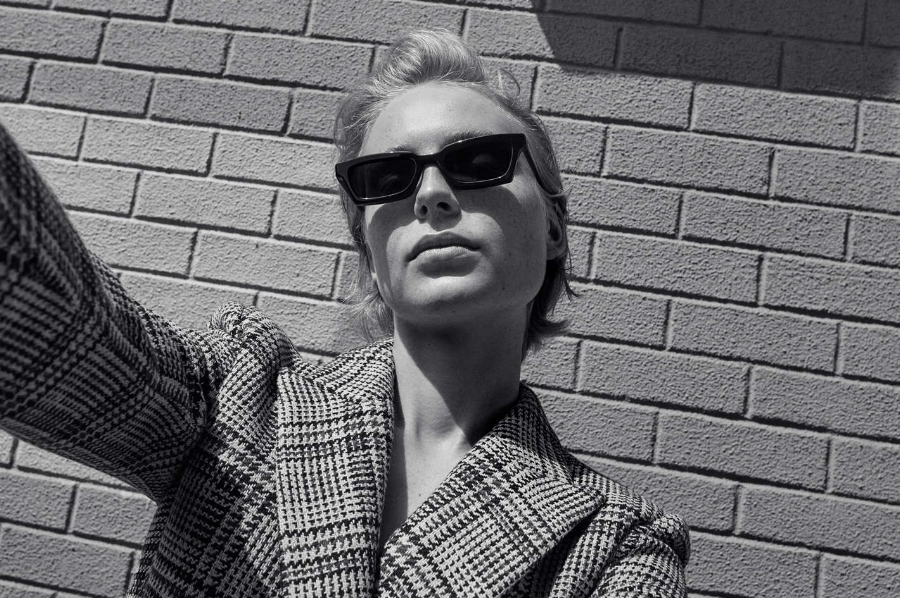
image: Warby Parker
The first of what might be many lawsuits has been filed in connection with this month’s “Great American Total Solar Eclipse” and the main defendant: Amazon.com. Plaintiff Thomas Corey Payne alleges in his suit, which was filed this week in federal court in South Carolina, that he and his fiancée Kayla Harris watched the August 21st eclipse in protective eyewear they purchased from Amazon, only to later experience headaches and vision impairment, including blurriness and distorted vision.
According to Payne’s complaint, Amazon is on the hook for negligently selling defective solar eclipse glasses that put wearers at risk of serious injury.
Certainly fearing lawsuits just like this one, Amazon began recalling eclipse-related eyewear beginning on August 18. While the company confirms that it sent an email to customers alerting them of potentially hazardous solar eclipse glasses made available on its marketplace and stating that it was unable to verify that all of the glasses were, in fact, legitimate, Payne alleges that neither he nor Harris received notice of the recall.
In addition to asking the court to certify his class action lawsuit – which would enable other Amazon customers who purchased “eclipse safe” eyewear from the site to join in the suit and share in the settlement amount – Payne is seeking upwards of $5 million in damages.
Just prior to last week’s eclipse, widespread reports began spreading, cautioning the public about the use of potentially fake special eye protection. The problem: “The market [was] overrun with counterfeits and fakes, and many of them were being sold on Amazon,” Richard Fienberg, a spokesman for the American Astronomical Society, told the Washington Post prior to the eclipse. “It’s become a complete freaking mess,” he said.
A big part of that mess? Amazon.
According to Bloomberg, the need for special eye protection in order to safely take in Monday’s eclipse – the likes of which will not happen again until 2045 – gave rise to a whole slew of fakes. The surge in demand “created a challenge for online marketplaces like Amazon,” which is designed to enable just about anyone to seamlessly create an account and begin offering products for sale.” With that in mind, both legitimate businesses and counterfeit-sellers, alike, used the event as a way to make a quick profit.
The abundance of potentially eye-damaging fakes is just the latest blow to many third-party market place sites, including Amazon, which have been swiftly losing consumer confidence thanks to vast amounts of ever-present fakes being offered, ranging from non-FDA approved cosmetics posing as the real thing to designer bags that mirror Paris-based brand Chanel’s designs.
* The case is Payne et al v. Amazon.com Inc, 2:17-cv-02313.







